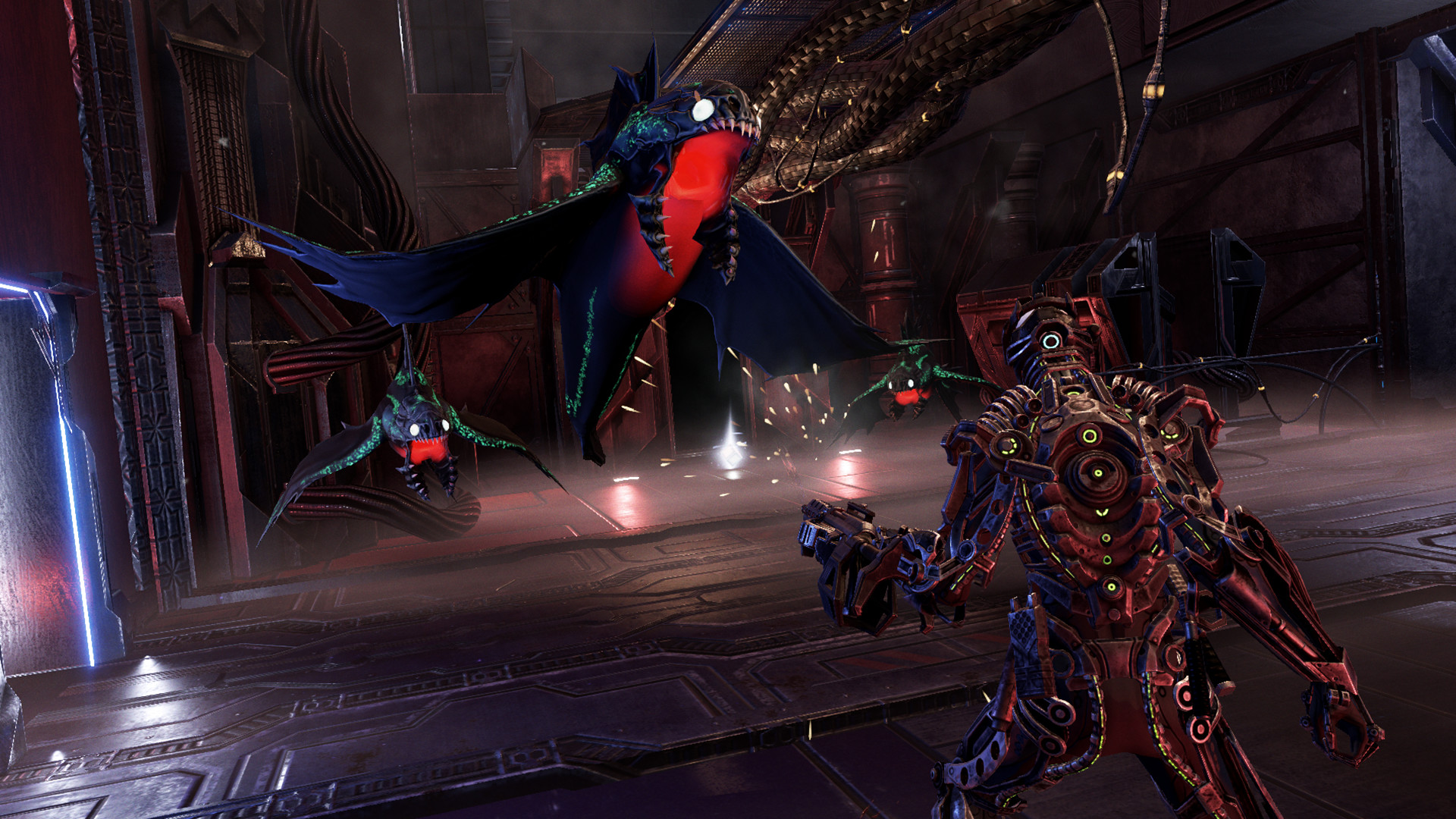

Metacritic have placed a 36 hour grace period on user reviews for video games, seemingly motivated by the alleged review-bombing of The Last Of Us Part II.
Metacritic’s user reviews do not verify if a user has completed or played a game. In February a user of Reset Era orchestrated the review bombing of AI: The Somnium Files, due to the user’s grudge with the game’s content.
Though the exact motivation was never clear, the user initially they claimed they did it specifically to prove how easy it was to manipulate a userscore on Metacritic, citing how Warcraft III: Reforged became the lowest rated game on Metacritic.
Another such game that had drawn attention to Metacritic’s user review system was The Last Of Us Part II. Despite high praise from reviewers and critics, some players seemingly despised the game.
This may have been motivated by major cutscenes from the game leaking, making many feel the game would have an unsatisfying conclusion. After release and even in-context, this only grew worse.
After the game’s launch on June 19th, the game’s user review score started an average of 3.3 out of 10 from over 16,000 user reviews in the first 24 hours. As of July 18th, this eventually grew to 5.5 out of 10 from over 127,000 user reviews [1, 2, 3, 4, 5, 6, 7, 8, 9, 10, 11].
A petition asking Naughty Dog to “Remake the storyline of The Last Of Us Part II” launched in late June, which was completed and now sits at over 55,000 signatures.
It is entirely possible some user reviews may have been submitted for reasons other than sharing their thoughts on the game; as an act of protest or malice.
These could include objecting to the game’s allegedly progressive or politically left-leaning focused story, objecting to the supposed (but unproven claims of) driving out of former Naughty Dog creative director and writer Amy Hennig, allegations of a hostile work environment and excessive crunch-time, or simply joining in the mockery.
Likewise, it is also entirely possible that some positive user review scores on Metacritic may have been submitted to counter-act the negative user reviews.
Those who enjoyed the game could have created multiple accounts in order to “defend” the game, or praise the game for supposedly pushing the industry in a particular direction with a hit title- despite never playing the game themselves.
There have been claims that some user reviews have been removed (with allegations stemming from supposed screenshots of the total review score dropping.
Archives of the page as of this time of writing only show the number of user reviews increasing over time; bar one instance where it claimed there were no reviews. We feel the latter is most likely to be a technical issue, without evidence to the contrary.
Now users have noticed recently released titles, such as Ghost of Tsushima, are preventing user reviews for the first 36 hours. The user review area displays a message instead, stating “Please spend some time playing the game. Come back to review it starting at 12:00pm PST on July 19.” The game launched on July 17th.
A metacritic spokesperson told Engadget “We recently implemented the 36 hour waiting period for all user reviews in our games section to ensure our gamers have time to play these games before writing their reviews. This new waiting period for user reviews has been rolled out across Metacritic’s Games section and was based on data-driven research and with the input of critics and industry experts.”
Whether this will prevent “false reviews” after the grace period is unknown. Some on social media have been critical of Metacritic’s actions, accusing them of “protecting” major publishers who wish to maximize the launch-day sales of games.
For comparison (and as Engadget points out) Steam displays how long a user played the game in their reviews, as well as marking periods of time of abnormally high or low user review scores.
What do you think? Sound off in the comments below!
Image: Metacritic




